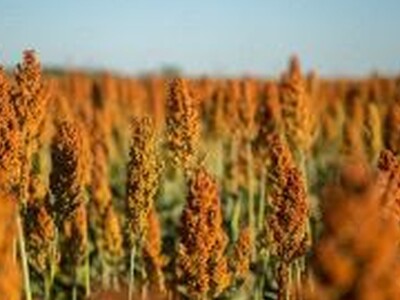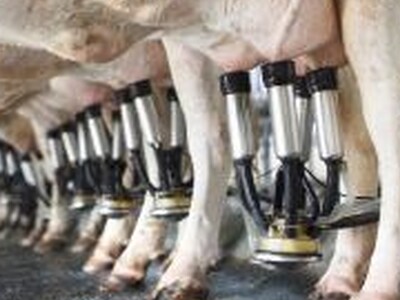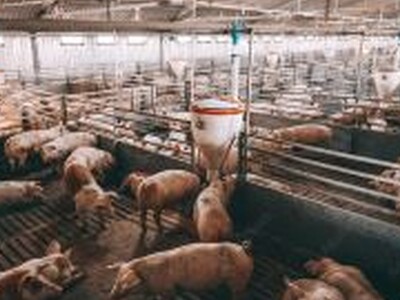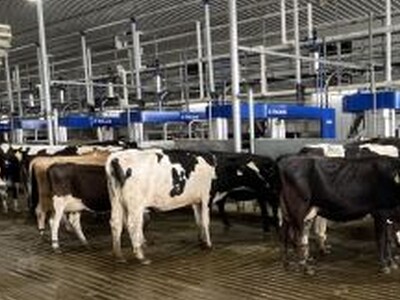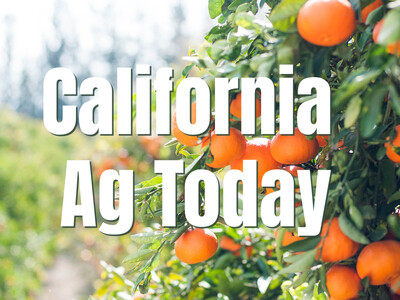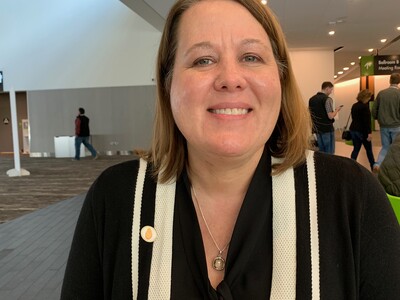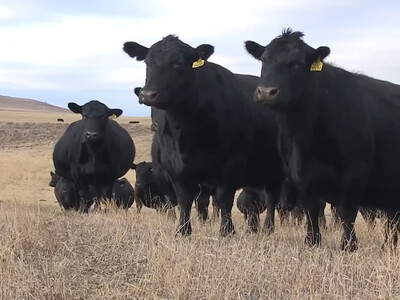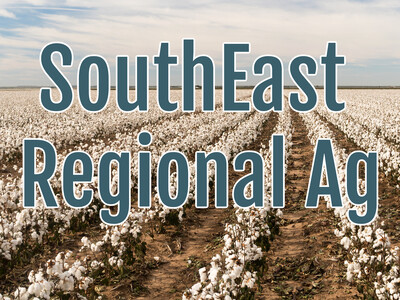Rural Internet
Maybe I am biased but I don't know any politician who is more concerned about the quality of life in rural America. Listen to Rep. Greg Walden, Chairman of the House Energy and Commerce Committee, as he recently called for action to expand broadband internet access in rural America. During a hearing of the Energy and Commerce Committee, Walden stressed the importance of prioritizing unserved areas throughout the country when expanding broadband internet infrastructure.Walden's committee examined the definition of broadband service in America and improving the "mapping" of broadband coverage across the country. During the hearing, Walden emphasized the importance of ensuring the definition of broadband service meets the needs of consumers and provides a productive level of internet service. Walden also stressed the need to increase the accuracy of mapping broadband coverage to identify unserved areas of the country that do not have internet access. A full transcript of Walden's remarks is included below:
"If you ask someone in rural America -- whether they have broadband access that meets the speeds 'as defined by the Federal Communications Commission,' they likely don't know.
"If you ask them whether they get internet access to match their needs, they can probably give you a quick yes or no answer. That should be our primary objective as policy makers looking to allocate federal resources -- accounting for consumer demand, putting the consumer first, and getting the most people the best access to a productive level of internet service. People in the most remote parts of our country, including in Oregon and other unserved parts of our country, would tell you they'd be happy to just have a connection. Some of them do not have that today. That is the importance of the work we are doing moving forward -- to figure out how we connect the unconnected. They should not be left behind in America. Whether if you're in Montana, Wyoming, or Oregon, or North Dakota, or in urban settings where there are issues as well. This is really important that we have this discussion about mapping.
"We learned this lesson the hard way from our experience with the Rural Utilities Service and the 2009 Recovery Act. As outlined by an investigator with the non-partisan Government Accountability Office, "we are left with a program that spent $3 billion and we really don't know what became of it." That was because, at the time that went through, the money went out before the maps were drawn.
"I hope this time when we look at infrastructure expansion in America to connect places that we get the mapping first. That we focus on the areas that are unserved first. That we connect this country to one of the most important economic and social tools in our history."
Knowing that farmers are increasingly reliant on Internet technology to run their businesses, Mr. Walden is on the money.




